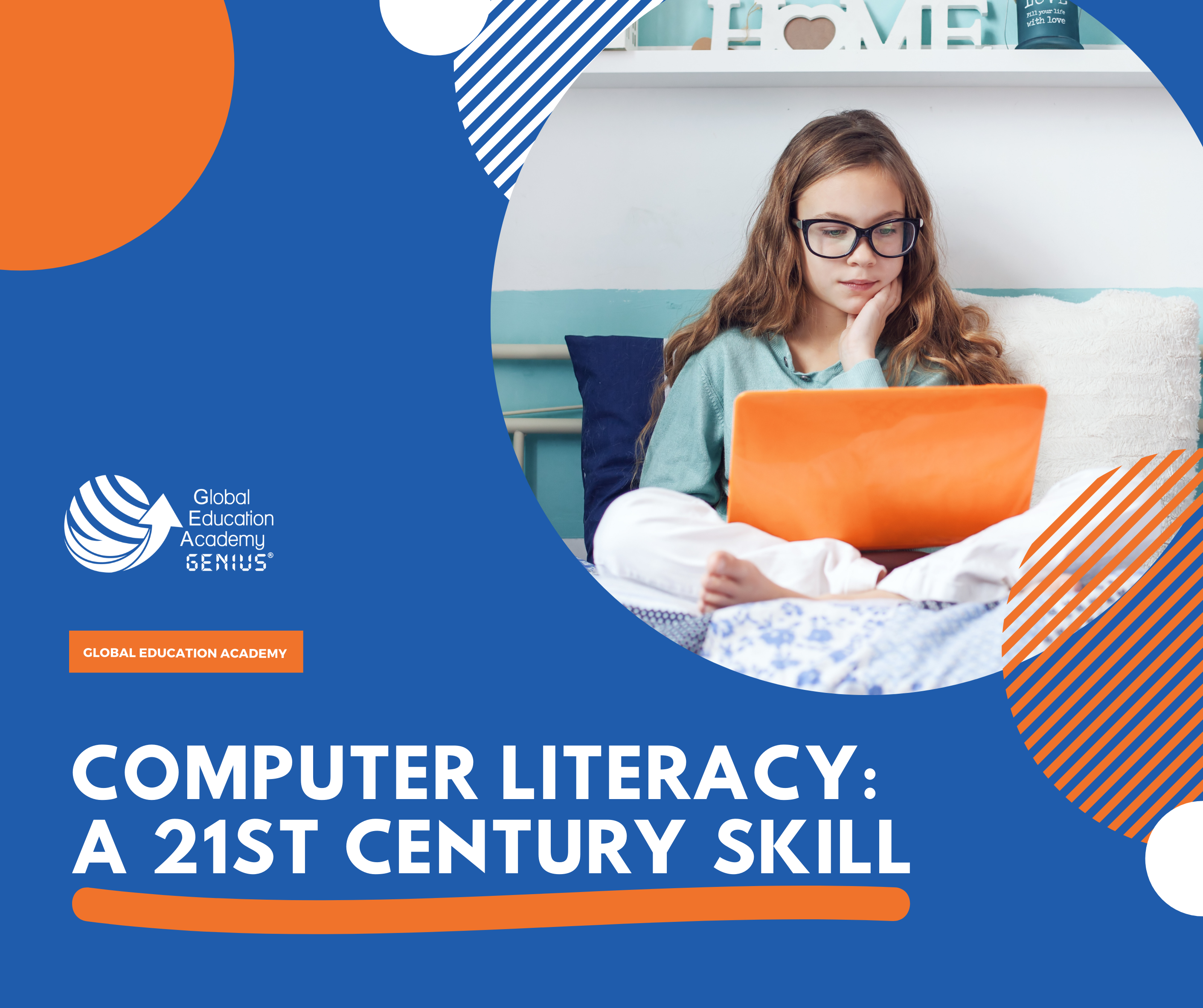
How many times a day do you think you use a device to communicate or get things done?
It’s a question many of us may find difficult to answer as we subconsciously pick up our phones to send a text or check our emails throughout the day. Phones aside, you probably use your computer or laptop almost every day for work – things don’t happen without it.
Our ability to use and understand technology such as computers is vital for success in the 21st Century. It’s a life skill that is just as important as writing, communication or critical thinking skills. Though many of us parents may not have grown up using computers, it has become a necessity in the last 20 years.
The way we use computers and phones for work is becoming much the same for school students today. Most research for school assignments is performed using the internet, key resources for learning are found online and even tests and exams are moving to online distribution.
It’s clear that computer literacy, including typing skills and navigating online platforms, is an essential skill for many careers and one to continue developing to stay employable in a changing job market. It’s also a skill that many students can focus on developing while learning from home.
In the Technology Age, computer literacy has become an almost non-negotiable foundational skill. Even many of the most basic jobs require the use of computers in some way. Technology runs our modern world – it provides us with access to information and resources we couldn’t source otherwise offline and it builds efficiency into many of our everyday tasks.
Today, at least a basic understanding of how computers work and how to use them effectively should be acquired at school-age to adequately prepare students for their working life and improve their ability to adapt to a changing world. This includes the basics of operating a computer such as using a word processor, sending and receiving emails, researching on the internet, simple troubleshooting, and online safety.
To build on this knowledge and skills ventures into the world of computer science – for example, programming, software design, web development – also valuable skills but less critical.
With so much information flooding the internet, the essential skill of computer literacy also goes hand-in-hand with information and media literacy. The ability to understand facts, figures and data and separate credible information from misleading information is key to using technology in the best way possible.
But how can students improve these skills?

With many classes currently being delivered online, now is a great opportunity for students to improve their computer literacy skills as they are constantly engaging with technology through their learning. To facilitate learning from home, students are interacting with their teachers and peers on daily basis, joining online classes and performing schoolwork online.
The more students engage with online learning, the more familiar and confident they will become using information technology to connect with others and accomplish tasks.
At Global Education Academy, we support online learning through a number of ways:
If you have any questions about our online learning approach, we encourage you to join our parenting support hour. This hour is held Monday through Thursday for the rest of the lock-down period, between 12:00 and 1:00 PM, and is open to parents of any of our students to receive advice on any aspect of learning from home. For more information, please call 1300 001 432.







